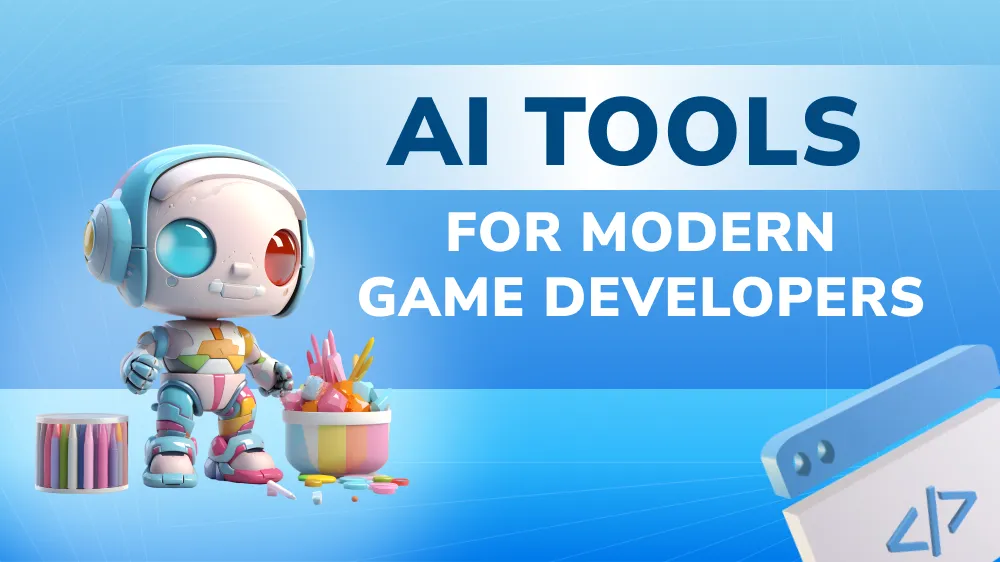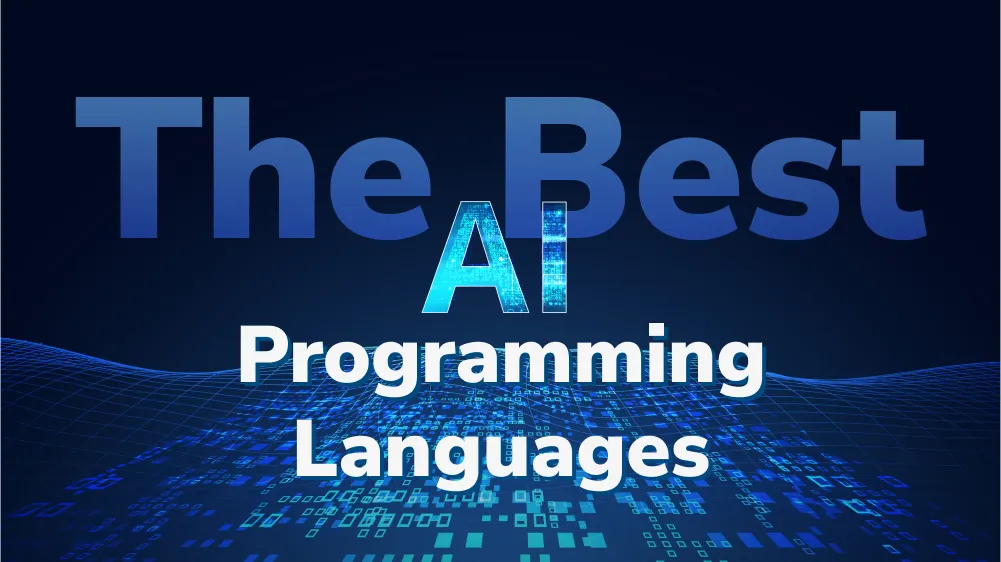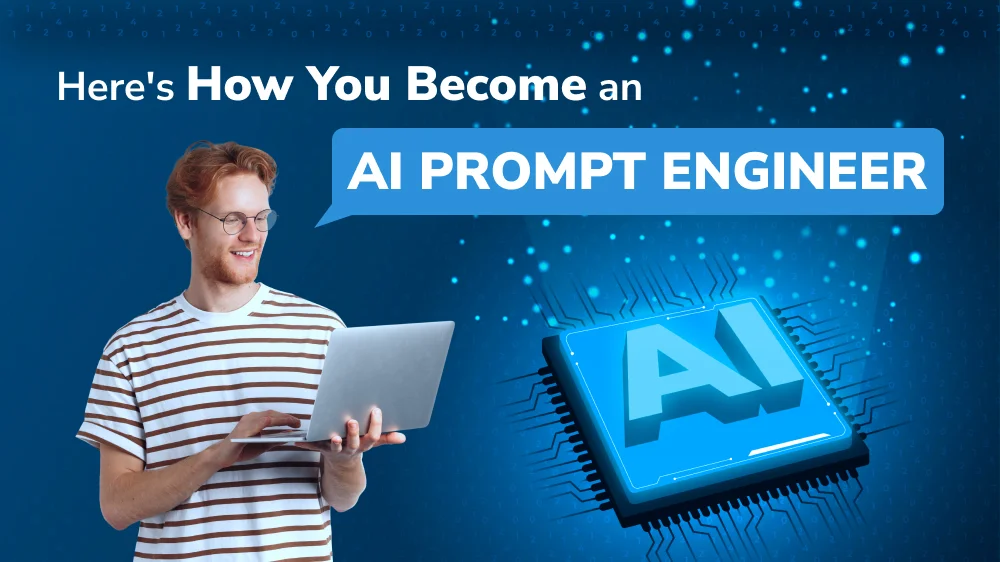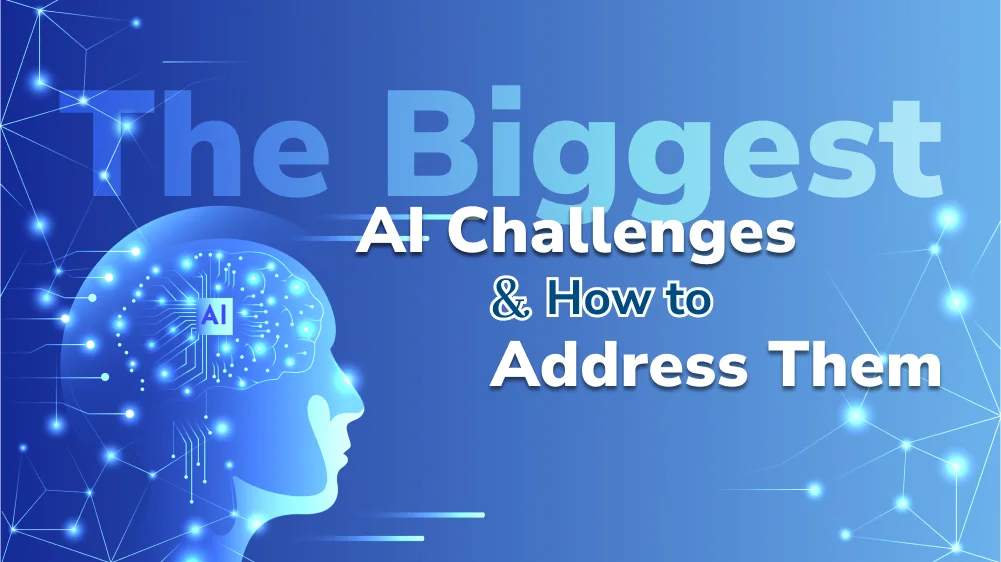Optimizing Code Quality: Harnessing AI Code Review Tools
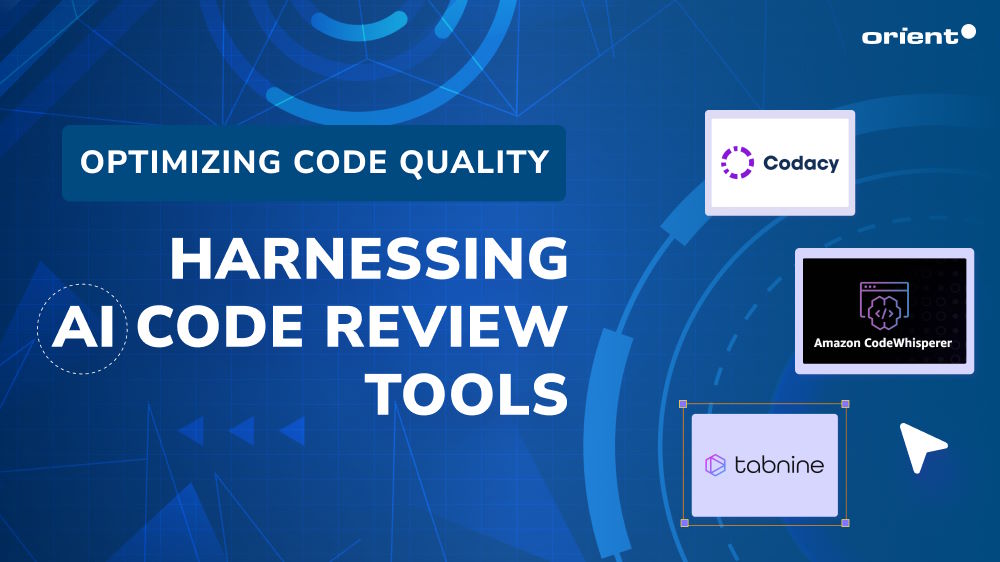
Content Map
More chaptersThe typical code review process is often thought to be a “productivity killer” since the process takes so long. Even though code review is often expected to only last a day or so, it is notoriously known for taking longer. Many developers dread this process. A Gitlab survey found that, on average, it takes a day to find someone to review code. Business testing then requires a considerable amount of time to finish (2-4 days on average).
Many have worked on code review tools to enhance the process. One such tool is artificial intelligence code review tools. AI has tapped in to relieve developers from the monotonous task. Here is how AI code review tools work, what attractive benefits they offer, their possible shortcomings, and five popular AI coder review tools for your reference.
Key Takeaways:
- AI code review tools are slowly becoming an integral part of the code review process, alleviating developers from labor-intensive and time-consuming tasks.
- AI is an efficient tool for keeping the code’s quality consistent while spotting hard-to-detect errors.
- However, the lack of contextual understanding of AI tools may cause false positives or false negatives.
- The over-reliance on AI tools can be concerning.
What Is Code Review?

Definition
Code review, also called peer code review, is the deliberate and methodical gathering of fellow programmers to review each other’s code structure for errors.
Throughout history, numerous great software has been introduced. As humans, however, we also make mistakes during the development process. We often overlook our own mistakes but are quick to spot and fix others. That is how code reviews work. Developers ask the following questions during the process:
- Are there any glaring logical code errors?
- Are all cases implemented in light of the requirements?
- Does the new code follow the current guidelines?
- Are the newly implemented automated tests sufficient for the updated code? Should existing automated tests be adjusted to accommodate recent code modifications?
Typical Code Review Process Before the Popularization of AI Tools
To understand how AI code reviews elevate this process, we first need to understand how the typical manual process is carried out.
Determine the Purpose
The code review starts with a clear idea of code objectives. For example, is it to find bugs, comply with code standards, or assess feature integration?
Utilize Project Management Software
Project management tools like GitHub are utilized to streamline the code review process, track issues, and assign tasks.
Review as a “Code Breaker”
The code is then analyzed for potential fail points. These could be performance concerns, logical errors, code quality issues, etc.
Assess Maintainability
The code is evaluated to ensure it is easy to maintain and update in the future. This involves the code’s readability, modularity, and extensibility.
Vet for Security
This step might be done manually or with specialized tools like static analyzers. The code reviewer is trying to look for hard-coded sensitive data, SQL injection, or error handling flaws.
Communicate with the Coder
The last step is to provide constructive feedback to the coder. This step often aims to highlight improvement rather than criticism.
How Does AI Code Review Work?
Have you ever wondered how AI tools work to quickly spot mistakes and produce human-like responses and comments?
Static Code Analysis
Particularly useful for large and complex code bases, static code analysis examines codes without executing them. It aims to find issues like coding standard violations, syntax errors, or security vulnerabilities.
After scanning through thousands of lines of code, the tool uses AI algorithms to suggest improvements.
Dynamic Code Analysis
AI review tools use dynamic code analysis. It executes the code and observes the code’s behavior to uncover issues relating to runtime, performance, or issues that are not apparent from the code itself.
Dynamic code analysis helps developers have a better idea of how codes interact with external systems and resources and, from there, generate more accurate recommendations.
Natural Language Processing (NLP)
Understanding, interpreting, and manipulating human language is made possible by machine learning techniques known as natural language processing, or NLP. NLP techniques lie at the core of AI code review. Using its ability to recognize patterns, NLP can comprehend context and intent in code changes:
- Comments and Documentation: NLP enables AI to understand changes in codes. These include comments, documentation, or messages. As a result, AI reviewers can make informed decisions regarding code quality.
- Semantic Analysis: semantic analysis, in simple terms, means drawing meaning from text. Essentially a sub-task of NLP, it allows computers to grasp the meaning of sentences, paragraphs, or even entire documents. This tool allows companies to extract useful insights and identify connections from unstructured data like support tickets.
Large Language Models
Using deep learning methods and enormously vast data sets, large language models (LLMS) are a type of artificial intelligence program that can comprehend, synthesize, produce, and forecast new material.
With LLMs’ ability to generate human-like explanations, code review processes are now more accessible and easier to understand, especially for those new to code review.
Another thing is that LLMs are also language agnostic. This means the tool can work with multiple programming languages and handle diverse codebases.
Benefits of AI Code Review

AI code review tools streamline code reviews and even push for faster time-to-market.
Consistency
AI tools are not affected by human fatigue or working hours. The tools consistently and accurately meet the required code quality standard and enforce company guidelines, best coding practices, and uniformity in the coding style.
Efficiency
AI review tools significantly reduce the time and labor put into code reviews. As mentioned earlier, code reviews can be quite time-consuming and even kill productivity. With automated code reviews, developers can free up a lot of valuable coding hours and keep the workflow going.
Detecting Hard-to-find Errors
Not only are AI code review tools highly effective at detecting common errors like memory leaks, null pointer exceptions, and boundary condition problems, but it also does a great job at spotting hard-to-find errors. Manual code reviews would have easily skipped these errors since they might be subtle or only cause problems in certain scenarios.
Faster Time-to-market
Even when the company grows, AI review tools easily navigate through thousands of lines of code. In manual code reviews, the massive and complex code base can prove challenging. However, AI tools can cover every nook and cranny of the code base, reducing any potential bugs or missed issues.
The consistent and fast code reviews also speed up the software development lifecycle (or SDL), resulting in shortened time-to-market products. Businesses can quickly establish their market share and gain a competitive advantage.
Shortcomings of AI Code Review
Despite the attractive benefits of AI tools, there are some shortcomings that developers need to keep in mind and pay attention to.
Over-Reliance on AI Tools
AI code review tools are not replacements for developers. It cannot understand the business logic behind the software or specific context issues related to the codes.
As AI review tools become more sophisticated, it is easy for developers to rely completely on AI, assuming that AI will spot all the issues. This leads to developers missing bugs, becoming complacent, and even lacking a basic understanding of the underlying logic behind the codes. AI code review tools should only act as an aid, not a complete replacement. It is important to find a balance between manual work and AI code review.
No Understanding of the Context
As mentioned earlier, it is important to understand the intent behind the code lines. A code written by a developer is often driven by the business logic, project requirements, future maintenance ease, etc. AI tools have yet to achieve such sophistication during the coding process, so human judgment during the process is still paramount.
False Positives and False Negatives
It’s important to keep in mind that false positives and false negatives can occur during an AI-powered code review. False positives happen when the tool wrongly identifies a code as problematic when it’s not. On the other hand, false negatives occur when the tool fails to flag actual issues in the code.
Both situations can be frustrating and can require additional work to fine-tune AI recommendations. They can even undermine trust in AI tools. It’s crucial to continually evaluate the accuracy of AI-powered reviews and work towards minimizing false positives and false negatives.
Popular AI Code Review Tools

During the rise of AI technology, businesses have been quick to introduce impressive AI review tools. Here are some of the most popular ones.
Codacy
Features
- Automated code review comments for over 30 languages
- GitHub, Bitbucket, and GitLab integration
- The ability to identify code patterns, bugs, security vulnerabilities, and code duplication
- Enforcement of individualized quality standards
- User-friendly interface and dashboards
- Visual insights into the codebase
- Progress tracking functionalities
Pros
- Used by major companies like PayPal and Adobe
- User-friendly UI
- Goals can be customized based on issues to improve codes
- Thorough security checks
- Convenient commit browsing and issue monitoring
- Supports docker analysis
- Adaptable pattern enabling and disabling as well as file-specific pattern ignoring
- Frequent feature updates
Cons
- Incomplete documentation, especially regarding some images and details
- One-page charts for tracking code quality changes can be hard to follow
- Limited issue searching filters, relies mainly on drop-down lists
Amazon Code Whisperer
Features
- Tailored code suggestions
- Compatible with popular languages/IDEs
- Integration with AWS Services
- Built-in security scans
- Reference tracker for open-source code
- Bias avoidance in AI suggestions
Pros
- Real-time code suggestions
- Efficient security vulnerability detection
- Supports multiple programming languages and IDEs
- Integration with AWS services allows easier application development
- Reference and license information for open-source code suggestions
Cons
- Limitations in handling complex or novel coding tasks
- Potential inaccuracies or errors in code suggestions
- Ethical and legal concerns regarding code ownership and responsibility
- Privacy and security breach risks when it comes to sensitive information
Tabnine
Features
- Makes smart suggestions based on code context to complete codes.
- Supports numerous languages. Works with JavaScript, Python, Java, C++, and more.
- The tool is rained specifically for code for accurate suggestions.
- Compatible with popular code editors like Visual Studio Code and PyCharm.
Pros
- Faster code writing
- Supports various programming languages and IDEs.
- Has contextual understanding based on existing code.
- Users can tailor suggestions to their own coding style.
Cons
- Users need to pay a subscription if they want to use the full features
- Focuses solely on code completion, so features are limited
- Since the tool performs in-depth code analysis, this raises privacy issues for some developers.
Conclusion
AI tools are great tools for assisting the process of reviewing code and improving code quality. Technology has made coding easier and more accessible, but that doesn’t mean that developers should depend completely on AI. It is crucial to find the right balance between technology and manual work.
AI tools have also raised numerous concerns regarding AI ethics, security, and bias. Even then, we believe that AI is here to stay. Instead of resisting AI, learning how to embrace the ever-growing presence of AI allows businesses to enhance productivity and remain competitive and relevant.
Whether it is AI, ML, or code reviews, Orient Software is ready to be the trusted partner you need to navigate through times of change. Let us know what projects you have in mind, and we’ll get back to you as soon as possible!


